Union Railway Minister Dinesh Trivedi presented the Railway Budget 2012-13 in the Lok Sabha today stressing that safety would be the top priority.
He began his speech thanking Prime Minister Manmohan Singh, Congress President and United Progressive Alliance Chairperson Sonia Gandhi, Trinamool Congress chief Mamata Banerjee.
Trivedi said that he wants to have a zero-tolerance policy for deaths on tracks and has set up an independent railway authority in line with the recommendations made by Anil Kakaodar committee that has reviewed the railway safety. " My entire emphasis is going to be strengthening safety, safety and safety," he said.
He said that the current rail budget will focus on safety, consolidation, decongestion, adding capacity, modernization and bringing down the operating ratio. " Money would be spent on the modernization of railways, " he said.
He added that funding is a major concern and it needs to be addressed collectively to fast track the construction of level crossings in the next five years. He will also set up a Special Purpose Vehicle - Rail Road Grade Separation Corporation of India - for abolishing level crossings. The minister has allocated Rs 7.35 lakh crore as the railway investment in the 12th plan against Rs 1.92 lakh crore in the eleventh plan with an aim to bring down the railways’ operating ratio which was currently very high.
Trivedi will also set up an expert group on modernization and resource mobilization to look into funding. The ministry is looking at an investment of around Rs 5 lakh crore for the project.
Trivedi’s annual plan outlay for financial year stands at Rs 60,100 crore against Rs 57630 crore in the year-ago period. This is the highest-ever planned outlay by the railways. Trivedi also fixed the gross budgetry support for Railways for the year 2012-13 at Rs 24,000 crore. He also said that the railways must grow at an annual rate of 10 percent in order to sustain growth.
Railways spend 60 percent of the money on salaries and pension while 20 percent is spent on fuel. Interest and other costs account for 10 percent. The remaining 10 per is available for investment/renewal.
Trivedi also emphasised on faster trains. For instance, the Delhi to Kokalta train time will down from 17 hours to 14 hours.


)




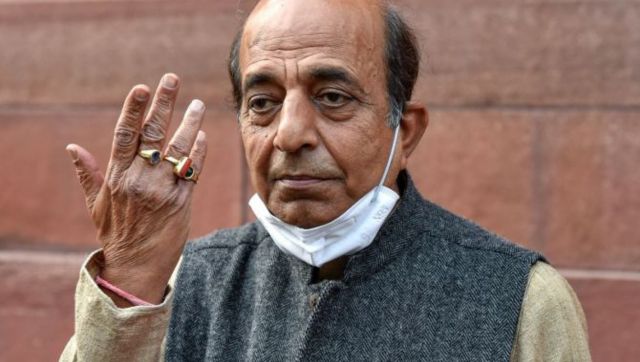)
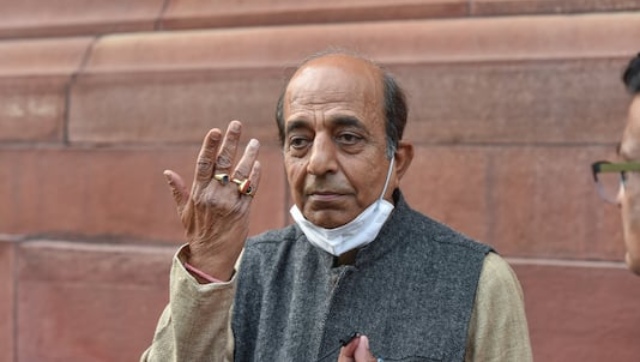)
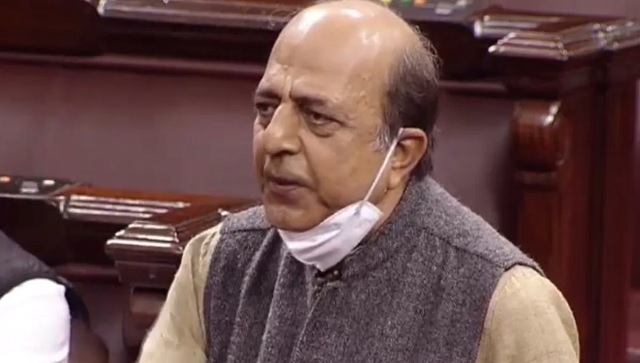)
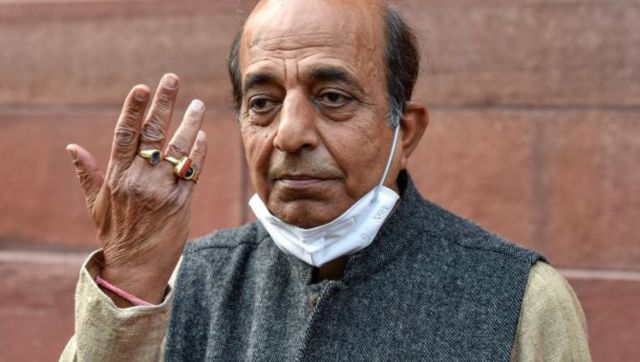)
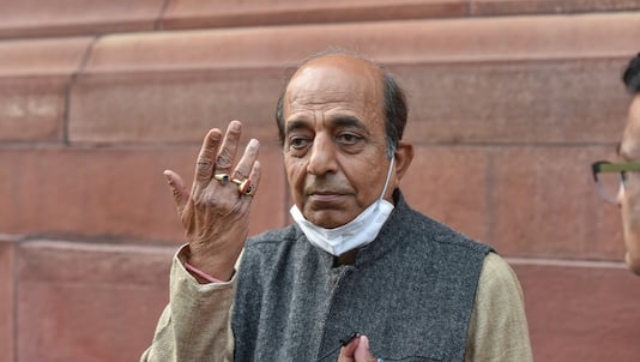)
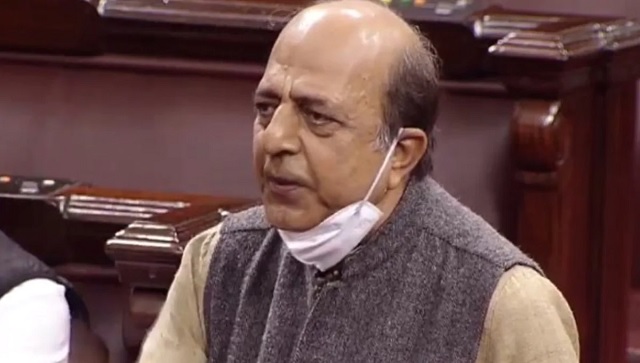)